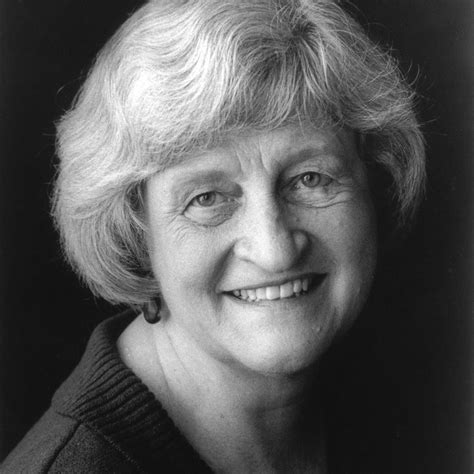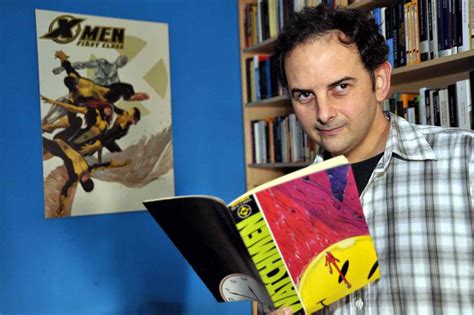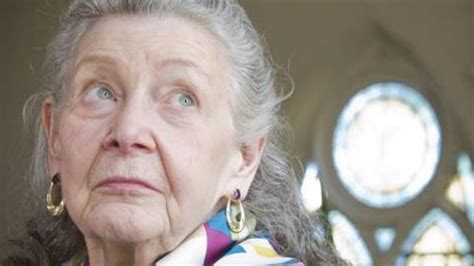A Quote by Margaret Visser
Believing in fate has probably always arisen in part because of the delights and terrors of storytelling. We have to realize--to learn--that in life we are not the readers but the authors of our own narratives.
Related Quotes
By believing that only some of our students will ever develop a love of books and reading, we ignore those who do not fall into books and reading on their own. We renege on our responsibility to teach students how to become self-actualized readers. We are selling our students short by believing that reading is a talent and that lifelong reading behaviors cannot be taught.
Storytelling is at the heart of life... In finding our own story, we assemble all the parts of ourselves. Whatever kind of mess we have made of it, we can somehow see the totality of who we are and recognize how our blunderings are related. We can own what we did and value who we are, not because of the outcome but because of the soul story that propelled us.
I think we all are born inside of our parents' narratives. We stay there for a good while. We are taught their narratives about everything: their marriage, the world, God, gender, identity, etcetera. Then, at some point, our own narrative develops too much integrity to live inside that story. We don't ever fully escape it, but we move into our own stories.
Generally, I start by observing the existing and popular narratives in my social spheres and media, and the pressures I face in my own life experiences. As someone who is "newly" trans, I am constantly thinking about what the dominant narratives are around transness, how my work can push against these narratives, and how it already falls into these traps.
In Western culture, there's a dichotomy between the easy narratives of God and the Devil. I now believe in this greater overarching spiritual thing. We are the light and the dark, and have to own the darkness. It's part of us. It's not evil. It's needed. You need to own both of them to be whole. Absorb it, and live it as part of your life.
Narration is as much a part of human nature as breath and the circulation of the blood.... storytelling is intrinsic to biological time, which we cannot escape. Life, Pascal said, is like living in a prison from which every day fellow prisoners are taken away to be executed. We are all, like Scheherazade, under sentence of death, and we all think of our lives as narratives, with beginnings, middles and ends.


































